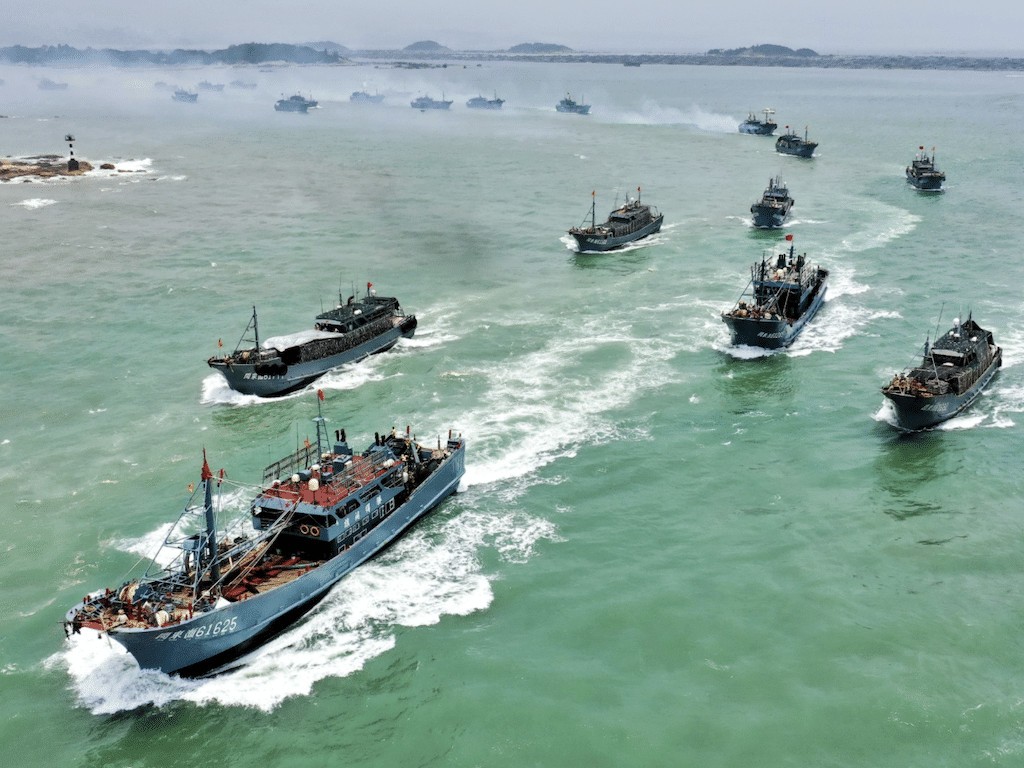Overfishing is not merely an environmental concern — it’s a pressing economic issue and is seen as such by citizens in developing countries on opposite ends of the world.
That was the conclusion of public opinion research released this week by Clearpath on behalf of Accountability.Fish, a recently-launched global campaign to refocus international fisheries management towards economic and environmental sustainability.
The research included surveys in the South Pacific and Latin American regions, and focus groups in Port Moresby, Papua New Guinea and Guayaquil, Ecuador.
According to Ryan Orgera, global director of Accountability.Fish:
“Mismanaged fisheries are a threat to people’s jobs, livelihoods, and long-term wellbeing, according to participants. Respondents in both Latin America and the South Pacific show overfishing and illegal fishing are serious economic threats. People view fisheries as important natural resources that should benefit everyone, not just a select few.
“Moreover, fisheries management requires an economic framework that enables all residents to benefit equitably for generations to come.”
A study found that 39% of people surveyed in Latin America and 41% in the South Pacific are struggling to meet their daily needs.
In focus groups in Papua New Guinea, residents report “even graduates are roaming the streets looking for employment opportunities,” said John Garrett, founder and partner at ClearPath Strategies. In Ecuador, many people are “not currently employed. We’re barely living, making ends meet.”
Garrett explained:
“Overfishing is not only a massive environmental problem, but a massive economic problem as well. This research demonstrates that residents in the South Pacific and Latin America view fish as a valuable natural resource. They also recognize fishing is under threat from overfishing and illegal fishing. Illegal, unreported, and unregulated (IUU) fishing has led to massive declines in fish stocks within the national exclusive economic zones (EEZs) which include the coastal fisheries that the surveyed countries are most dependent on economically.”
Check out the survey results here.

